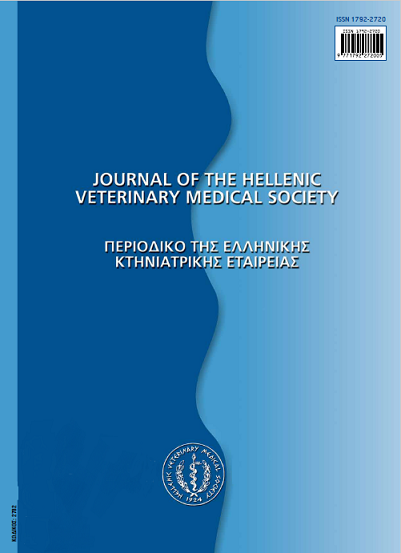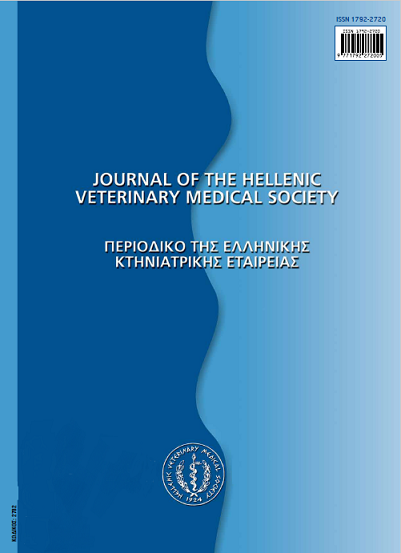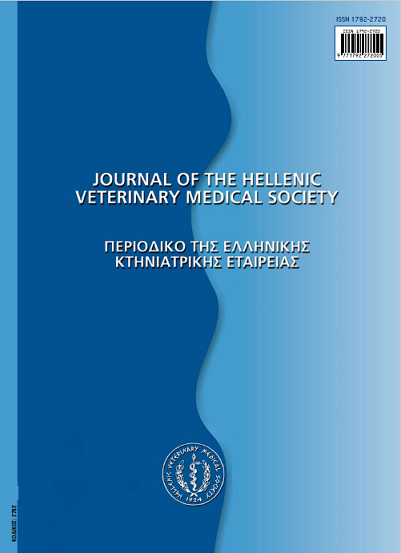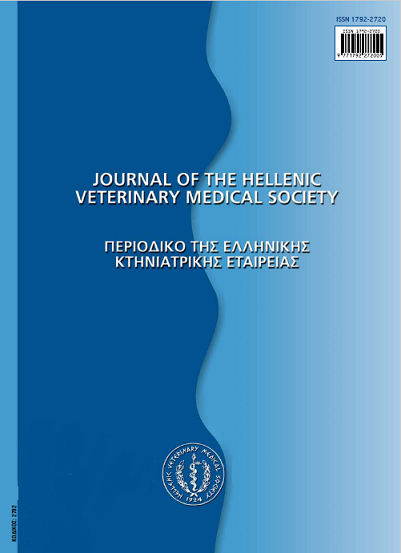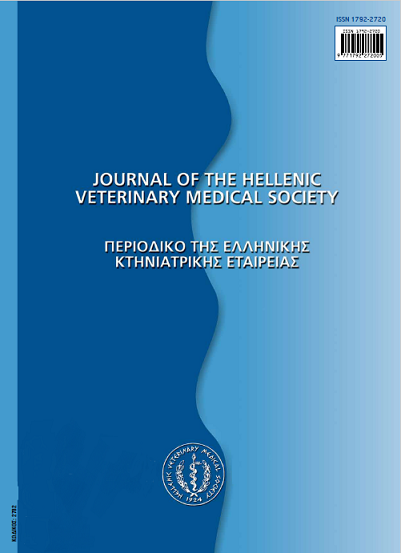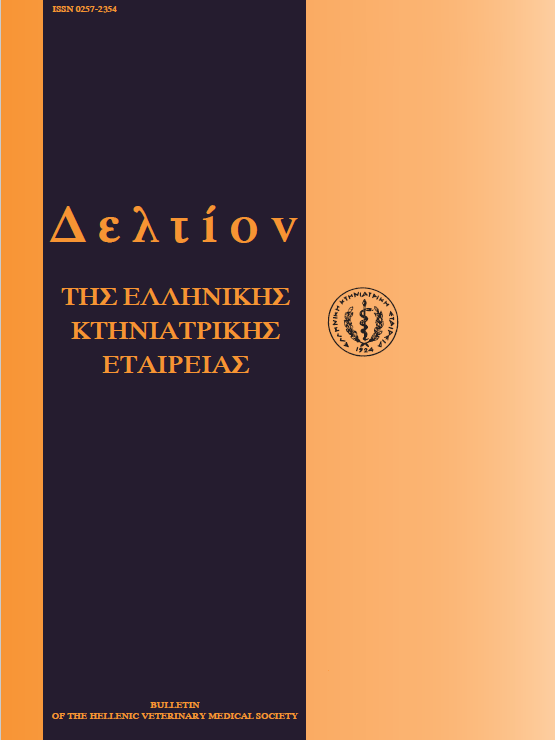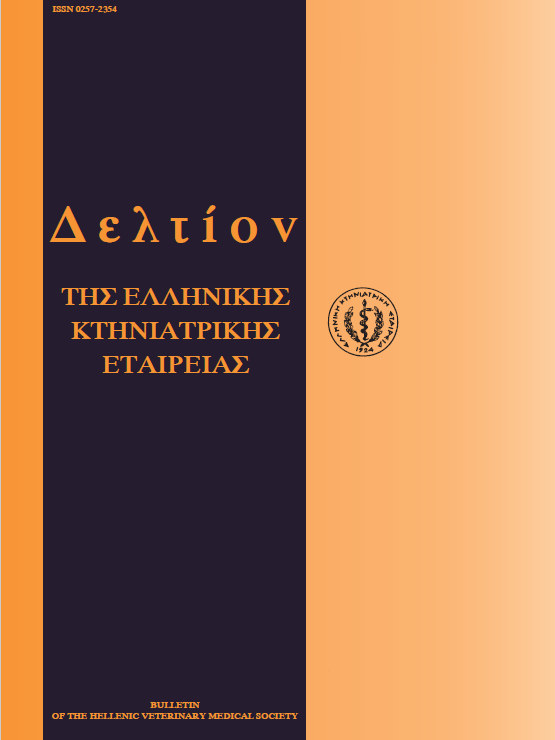Survival of pathogens in "Graviera Kritis" cheese made with raw and pasteurized milk
Resumen
A field trial was carried out to investigate the hygienic status of Graviera 'Kritis' cheese made with raw and pasteurized milk. Graviera was manufactured in a small plant in Crete under traditional manufacturing conditions. Forty-two samples were examined during the manufacturing process for Colifoms, Escherichia coli, Staphylococcus aureus, Listeria monocytogenes, Salmonella spp., Escherìchia coli 0157:H7 and VRE (Vancomycin Resistant Enterococci). All samples were negative for Salmonella spp., E. coli 0157:H7 and VRE. Populations of Colifoms and E. coli before cooking of the curd were 3 3.5 log10MPN/g higher in cheese made with raw milk in comparison to that made with pasteurized milk and populations of both bacteria decreased sharply during the aging period in both types of cheese. L. monocytogenes type 4b was isolated from the cheeses of two trials until after the salting period and remained under the detection limit of 100 cfu/g . At the end of the ripening period, all the examined bacteria were declined or eliminated to safe level.
Article Details
- Cómo citar
-
SAMOURIS (Γ. ΣΑΜΟΥΡΗΣ) G., ZDRAGAS (Α. ΖΔΡΑΓΚΑΣ) A., VAFEAS (Γ. ΒΑΦΕΑΣ) G., & BELIBASAKI (Σ. ΜΠΕΛΙΜΠΑΣΑΚΗ) S. (2017). Survival of pathogens in "Graviera Kritis" cheese made with raw and pasteurized milk. Journal of the Hellenic Veterinary Medical Society, 62(3), 205–211. https://doi.org/10.12681/jhvms.14850
- Número
- Vol. 62 Núm. 3 (2011)
- Sección
- Research Articles
Authors who publish with this journal agree to the following terms:
· Authors retain copyright and grant the journal right of first publication with the work simultaneously licensed under a Creative Commons Attribution Non-Commercial License that allows others to share the work with an acknowledgement of the work's authorship and initial publication in this journal.
· Authors are able to enter into separate, additional contractual arrangements for the non-exclusive distribution of the journal's published version of the work (e.g. post it to an institutional repository or publish it in a book), with an acknowledgement of its initial publication in this journal.
· Authors are permitted and encouraged to post their work online (preferably in institutional repositories or on their website) prior to and during the submission process, as it can lead to productive exchanges, as well as earlier and greater citation of published work.

